Music fills our lives every day. From car rides to study sessions, songs keep us company. But have you noticed how some tunes come with warning labels?
Those “Explicit Content” warnings are there for a reason. Some words in songs can be too mature for younger listeners. Parents worry about what their kids hear, while teens just want to enjoy the latest hits.
What exactly makes a word “explicit”? The rules aren’t always clear. Words about body parts, violence, or illegal activities often get flagged. But standards change over time and vary between countries.
This blog will break down which words cross the line in music today. We’ll look at how different streaming platforms handle explicit content and what this means for music fans of all ages.
What are Explicit Words?
Ever wonder why some songs have that little “E” label? Let’s talk about what makes certain words “explicit” in music.
Explicit words in songs are terms considered too mature or inappropriate for some listeners, especially younger ones. These typically include profanity, sexual references, violent language, or words describing illegal activities.
When artists use these words, their music gets labeled as having “explicit content” on streaming platforms and physical albums.
Clean content, on the other hand, removes or replaces these explicit words.
Artists might release “radio edits” where questionable words are bleeped out, muted, or swapped with more acceptable alternatives. Sometimes, entire verses get rewritten to make songs suitable for wider audiences.
The rules around what’s explicit keep changing as society evolves. What shocks one generation might seem mild to the next!
Why Do Artists Use Explicit Words?
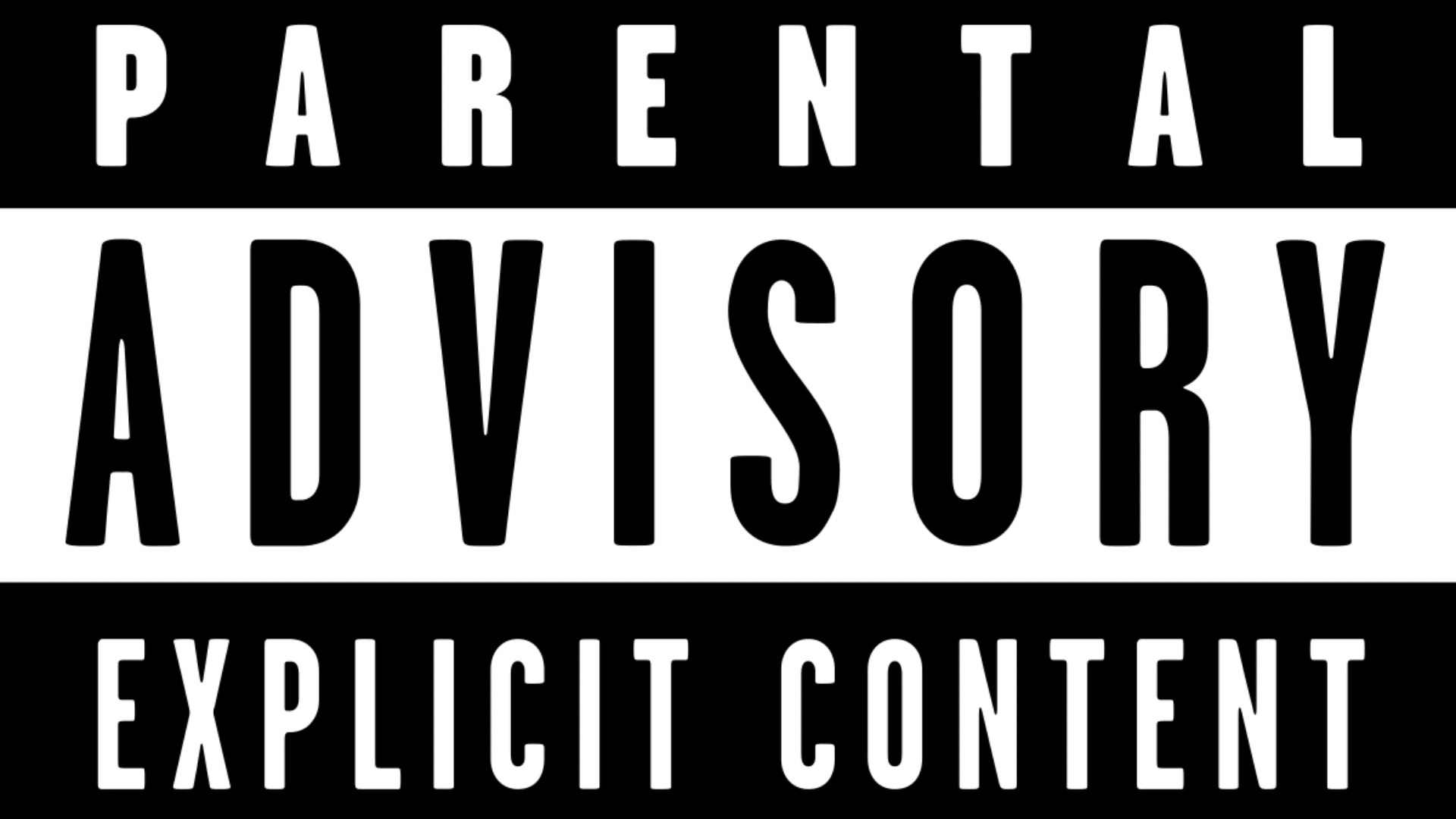
Artists use explicit language for real self-expression. Not every feeling can be wrapped in pretty words. Sometimes, raw language captures what clean words can’t.
- When musicians use explicit terms, they often aim for emotional impact. A harsh word can hit harder than a polite one. It can make listeners feel the anger, pain, or passion behind the music.
- Culture shapes these choices, too. In hip-hop, raw language often connects to the genre’s roots in telling unfiltered stories about real life. For rock, it might represent rebellion against mainstream rules.
- Some artists also know controversy sells. Explicit content gets attention and can make music feel more authentic to certain fans, especially younger listeners.
In the end, it comes down to artistic choice. Should songs reflect life with all its rough edges or present a cleaner version? Different artists answer this question in different ways, depending on their goals and their audience.
What Words Make a Song Explicit?
When songs are labeled “explicit,” they typically contain language or themes that are considered inappropriate for younger audiences.
Here’s a simple guide to common types of explicit words in music:
| Category | Examples | Often Replaced With |
|---|---|---|
| Profanity | F-word, S-word | “Forget,” “Sugar,” “Shoot” |
| Sexual Terms | [Body parts and acts] | “Love,” “Hug,” or sound effects |
| Violence | Words about weapons, harm | “Mess you up,” “Hit” |
| Substance References | Drug names, alcohol terms | “High on life,” “Drink,” “Party” |
| Slurs | Offensive terms for groups | Completely removed or muted |
Examples of Songs with Explicit Content
Many popular songs across various genres have been labeled explicit for different reasons:
Hip-Hop/Rap
“In Da Club” by 50 Cent – Contains profanity and references to drugs, sex, and partying.
Pop
“The Hills” by The Weeknd – contains references to drug use and casual sex with explicit language.
Rock
“A Little Piece of Heaven” by Avenged Sevenfold – Contains extremely graphic violent content, murder themes, and disturbing imagery.
R&B
“Birthday Cake” by Rihanna – Contains suggestive lyrics with explicit sexual references.
Country
“Drunk on a Plane” by Dierks Bentley – References excessive alcohol consumption and has an explicit version.
These examples showcase how explicit content can vary across genres, from the more obvious use of profanity to references about adult themes like sex, drugs, and violence.
How Do I Mark My Music as Explicit?
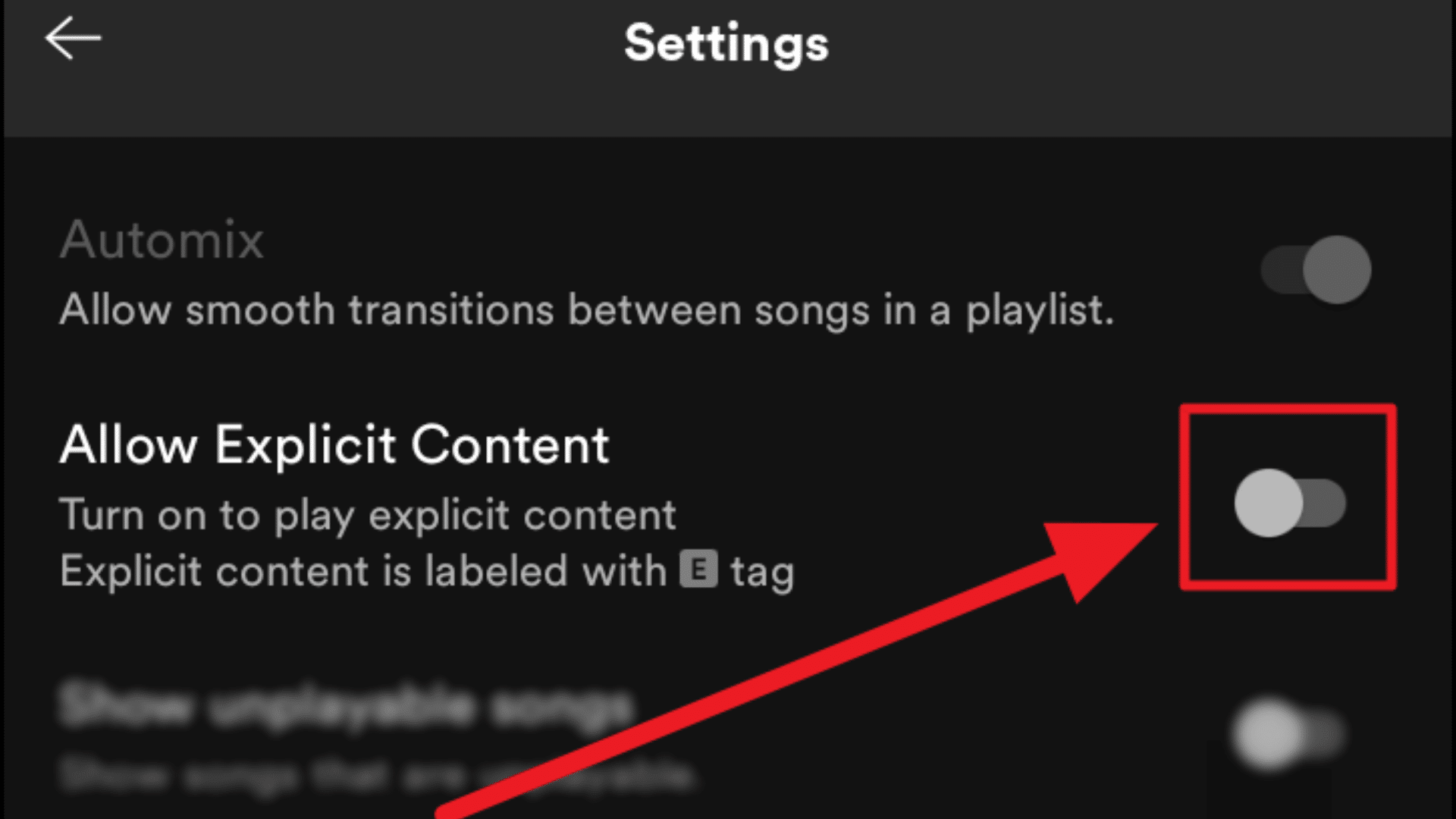
As an artist releasing music, properly labeling explicit content is an important responsibility. Here’s a comprehensive guide on how to mark your music as “explicit” across different platforms and formats.
For Digital Platforms
1. Distribution Services (DistroKid, CD Baby, TuneCore, etc.)
-
- During the upload process, look for an “Explicit Content” checkbox
- Select “Yes” or “Explicit” when prompted about explicit content
- Some services allow you to mark individual tracks rather than entire albums
- Upload clean versions separately if desired (often labeled as “Radio Edit” or “Clean Version”)
2. Spotify
-
- When distributing through a service, the explicit tag will automatically appear
- You cannot directly mark songs as explicit on Spotify; this must be done through your distributor.
- Explicit tracks will display an “E” badge next to the song title
3. Apple Music/iTunes
-
- Like Spotify, explicit labeling is done through your distributor
- iTunes Store and Apple Music will display “Explicit” next to track titles
- Apple requires clean versions for certain promotional opportunities
For Physical Products
The iconic black and white “Parental Advisory” sticker has been around since the 1980s and still matters today:
- Place it prominently on your album cover (usually the lower right corner)
- Standard size is roughly 1″ x 0.5″
- The RIAA offers official templates you can download
The Impact of Explicit Content in Music

Explicit lyrics change how we hear music. They create instant controversy. Artists use them to express raw emotions.
Age ratings matter in the music industry. They determine who can access certain songs. Young listeners often seek out explicit content despite restrictions, as its forbidden nature makes it more appealing. Research shows mixed results on the actual impact.
The censorship debate continues without resolution. Some view censorship as a dangerous overreach, while others argue for protecting impressionable minds. Both positions have merit.
Explicit content affects sales in surprising ways. The “Parental Advisory” label sometimes boosted album popularity. Artists and labels noticed this trend. Some deliberately include explicit content for shock value.
Society constantly shifts its standards. What scandalized previous generations seems mild today. Each era redefines what crosses the line.
Musicians navigate these waters carefully. They balance authentic expression with commercial appeal. Many release both clean and explicit versions. Others refuse to compromise their vision.
Streaming platforms changed the game. Explicit filters give listeners more control. Families can restrict content more easily. Artists adapt to this new reality.
The conversation evolves, but explicit content remains a powerful force in music. It challenges norms, reflects life’s complexities, and continues to play a significant role in musical expression.
Final Thoughts!
Let’s be honest: this whole conversation about explicit content in music isn’t just about warning labels or curse words. It’s about something much deeper.
At the end of the day, music touches us because it tells the truth. When artists use explicit content thoughtfully, they’re often just trying to capture real life with all its messiness and complexity.
Most of us can relate to feeling torn about this issue. We want artists to express themselves freely, but we also care about the messages reaching young listeners.
What matters most isn’t whether a song has an explicit label but whether it has something genuine to say. The best music, explicit or clean, connects us to each other’s experiences, makes us feel understood, and sometimes challenges us to see the world differently.
That’s the real power of music, isn’t it? And no warning label can change that!



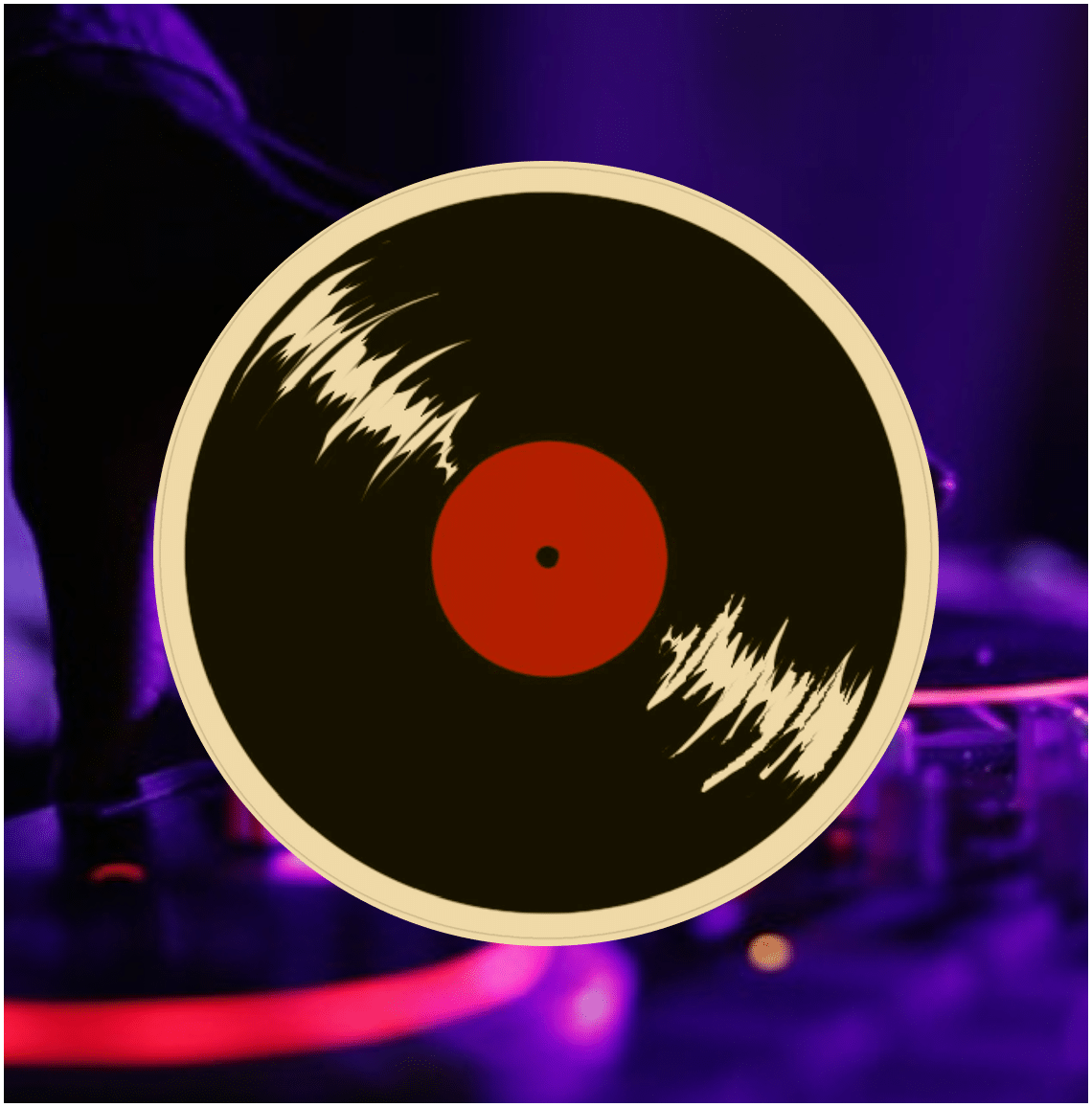


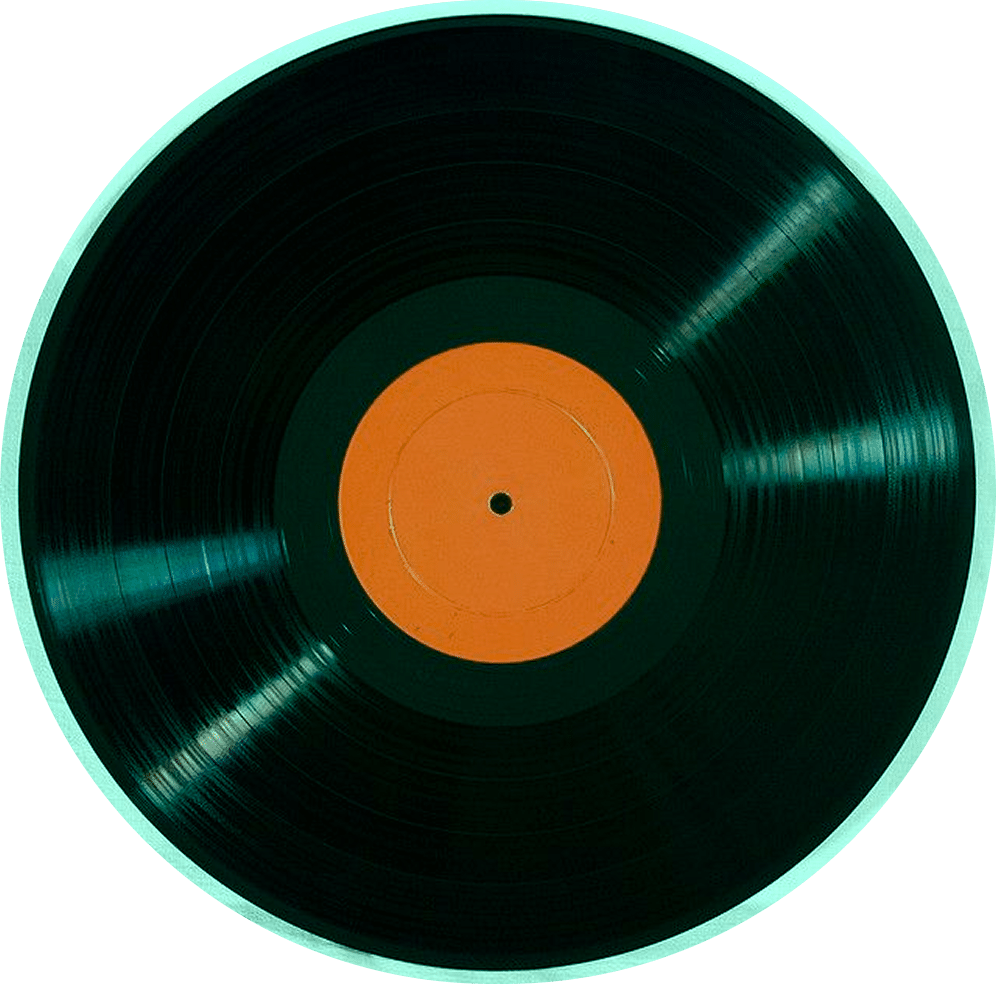


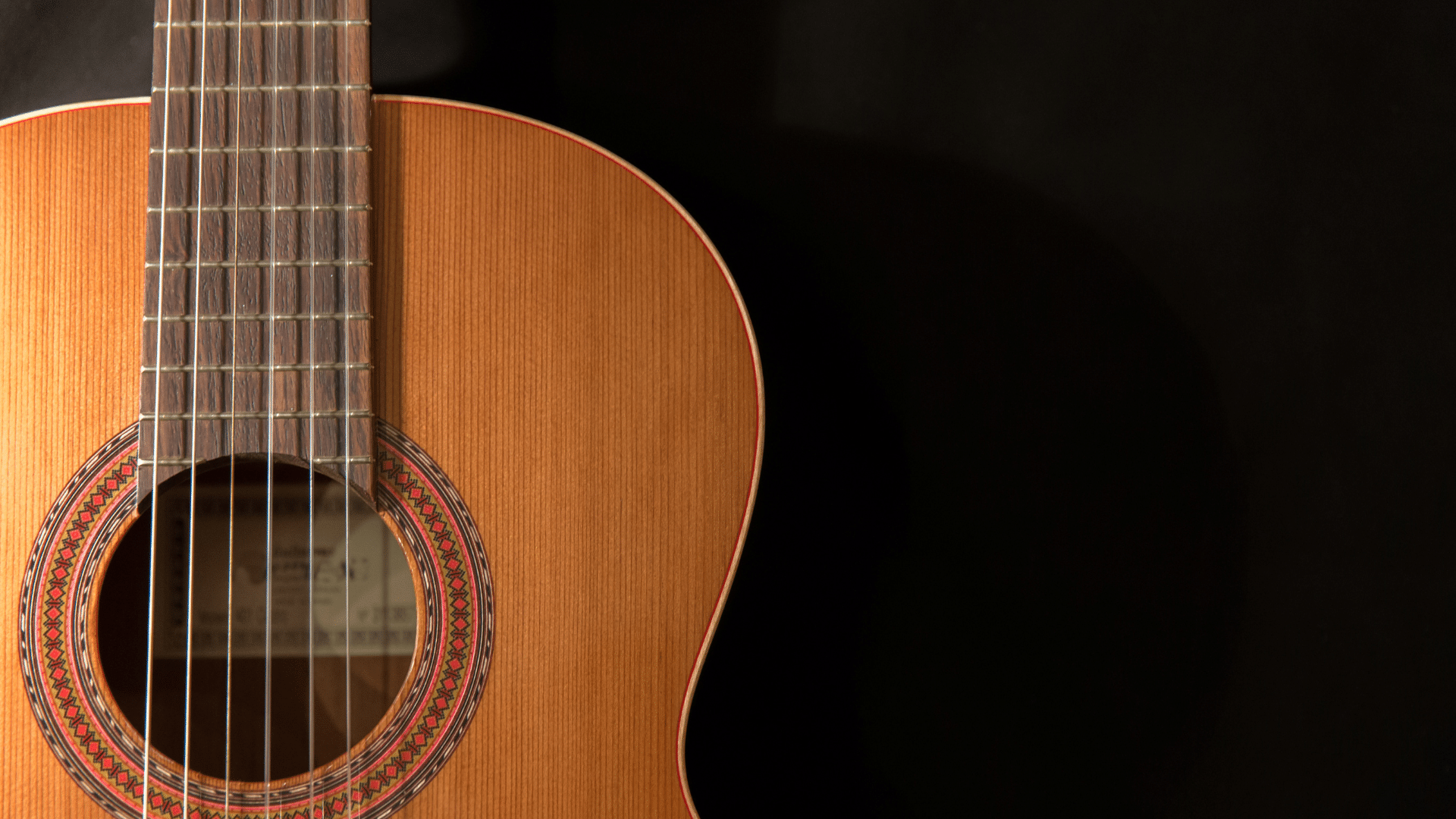
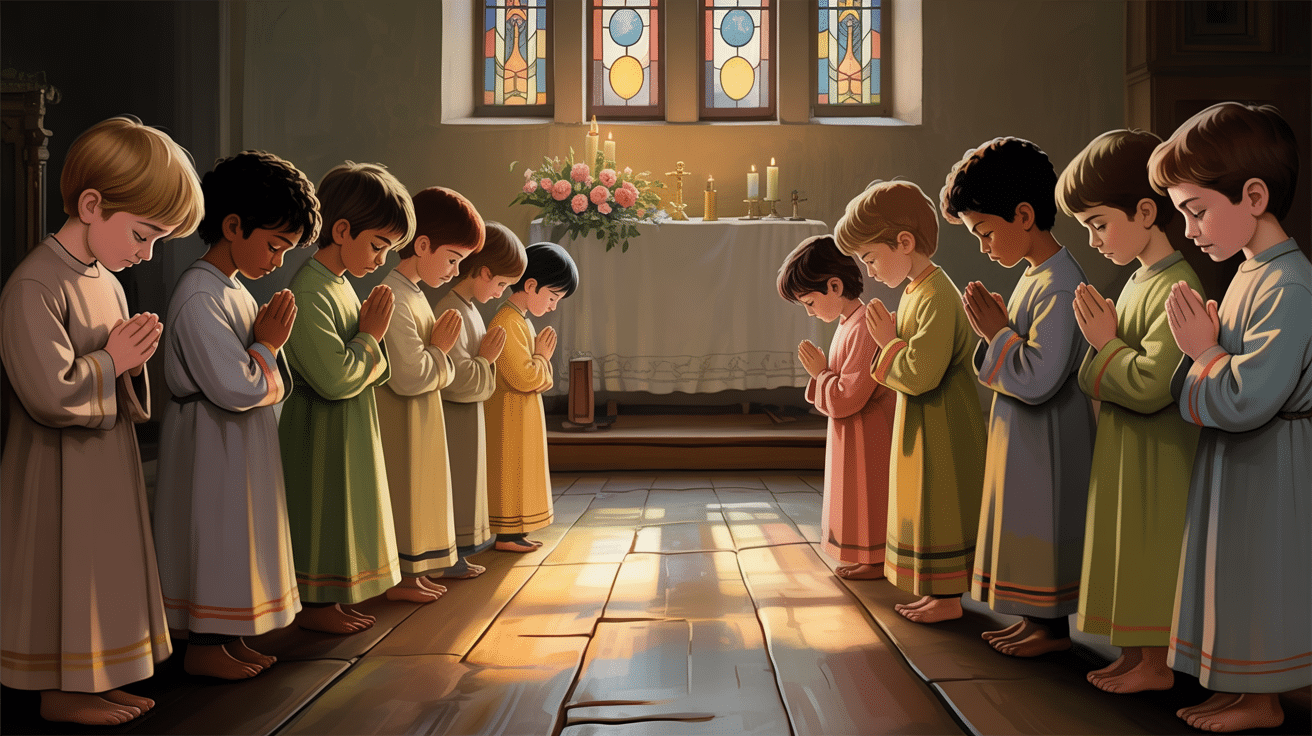
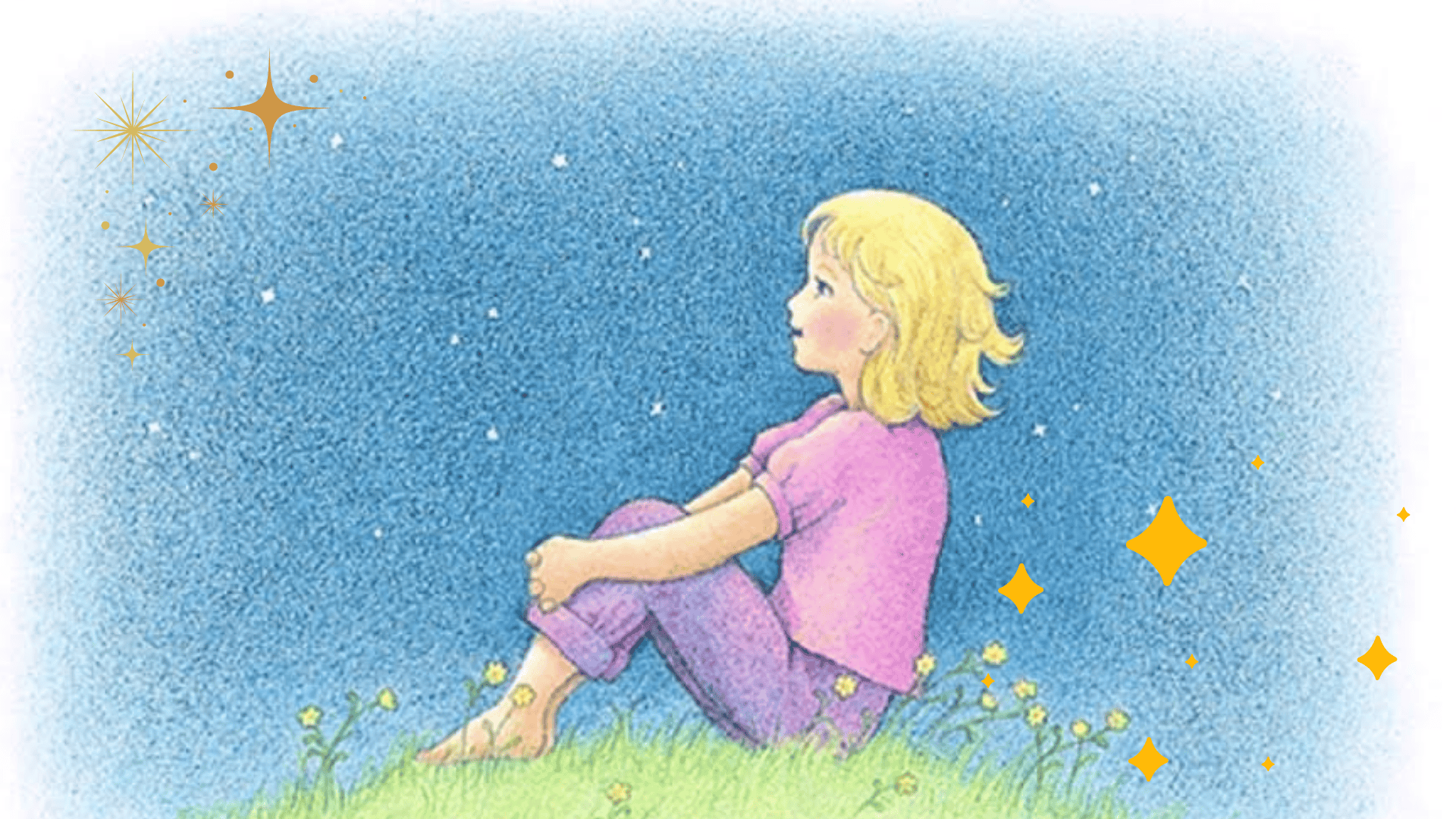
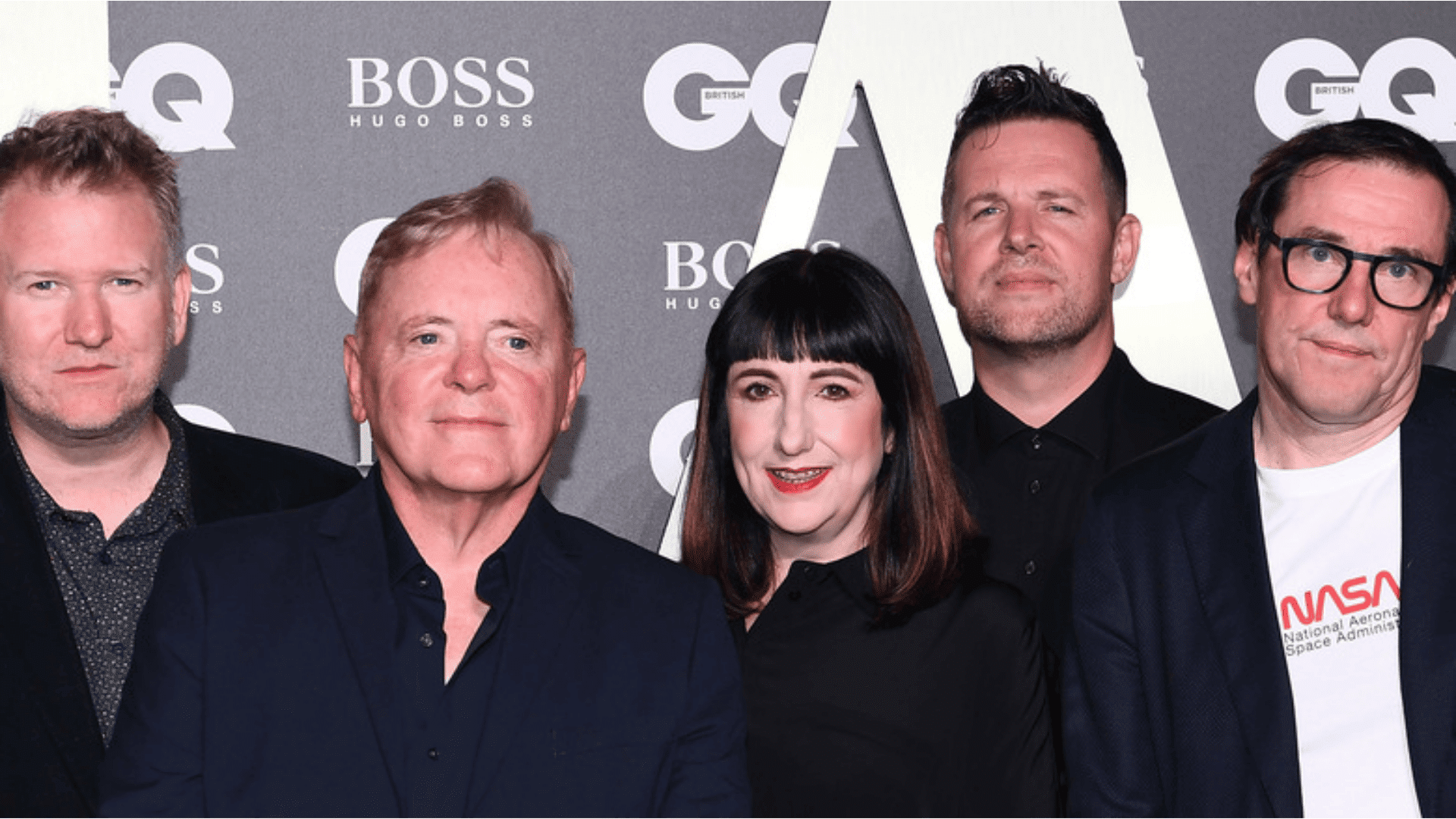



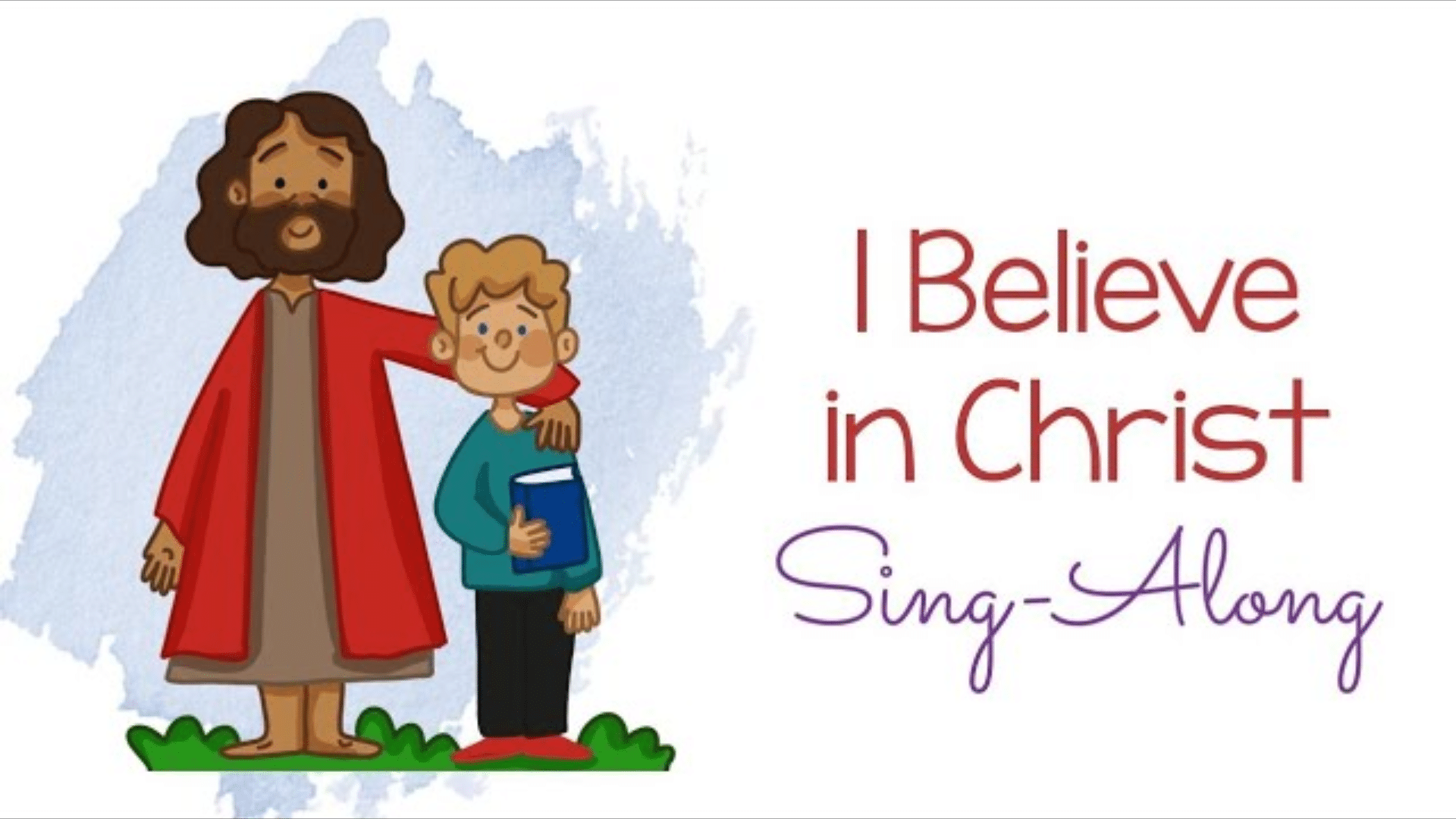
One Response